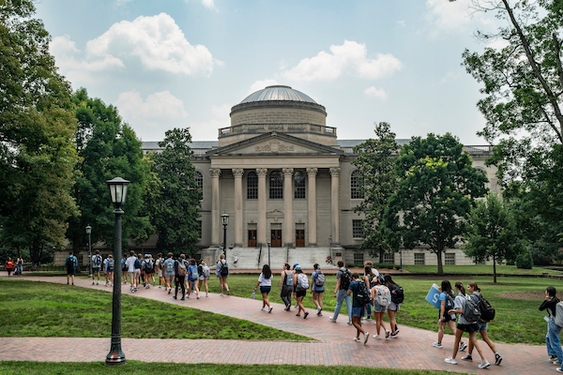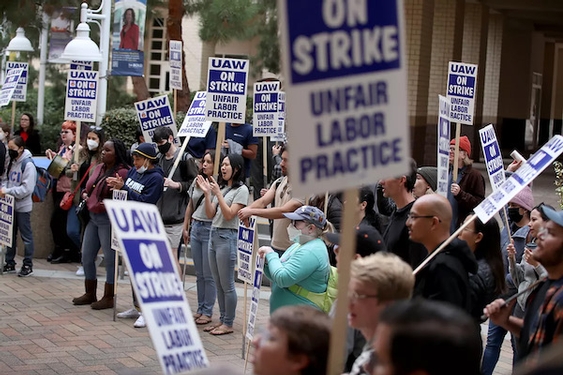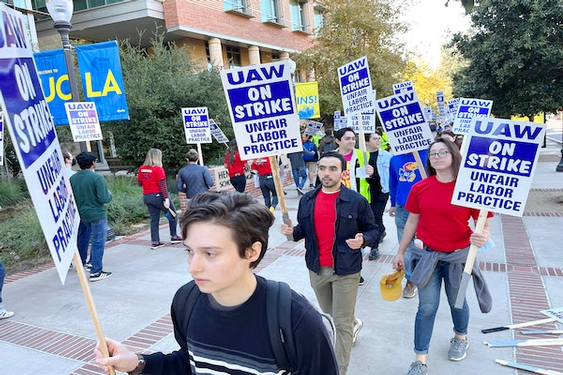On the first Thursday of every month, Loyola Marymount University hosts the only certified on-campus farmer’s market in the Western United States. With the philosophy “Think globally, eat locally,” local vendors sell everything from fresh produce, flowers and dried fruits and nuts to handmade goods, organic apparel, fair trade tea and social justice initiatives.
The goal is for farmers to sell directly to consumers, allowing produce to go straight from the farmers’ hands to yours, cutting out the middleman. When you buy from a farmer’s market, you directly support the person you interact with on that day.
The market is sponsored by a grant from the Strauss Foundation and organized by ASLMU’s Social Justice department. LMU’s mission is to increase and encourage local food supply and production and to support the economic strength and vitality of Southern California farmers. They also encourage student artists to sell at the market; these goods must be student-made or made by a non-profit organization and in support of that organization.
The venue is also used as a forum to spread awareness of social justice issues. LMU ensures that all the market’s products are assembled in circumstances up to par with fair trade standards and wages and under safe working conditions.
Recently, the market has been advertised as more of a ‘bazaar,’ and includes live music. The idea is to get LMU students interacting with the local community and for it to be a fun event, reminiscent of a large street market or bazaar in an urban center.
New management this year has also resulted in a decline in the number of vendors, but arguably the new vendors represent quality over quantity. The popular dried fruits, nuts and fresh produce are still available, as well as quality organic clothing and performances by local artists.
So why buy locally? Well for starters, most produce in the United States is picked four to seven days before being placed on the shelves at the grocery store, and travels an average of 1,500 miles (LocalHarvest.org). Obviously, local produce that has less distance to travel and requires less time to get there will be fresher and more nutrient-rich.
Buying locally also gives much needed support to the local agriculture industry; when you buy from a grocery store chain, only 18 cents of every dollar goes to the grower (LocalHarvest.org), which means several unnecessary middlemen receive most of the profit.
Finally, and most importantly, we can no longer rely on the artificial energy sources required to produce food in a large-scale way. By many accounts, world oil production has reached its peak and our energy supply will soon run out.
The price of the artificial energy we have been depending on will be astronomical, and it will take a drastic toll on our resources, which it already has. Cheap energy and agricultural subsidies already pollute our water and soil and threaten the quality of our food, proven by recent outbreaks of E-coli and GMO contamination. Large-scale food operations are bound to self-destruct because of their own unsustainability; if we start buying locally now, we can ease the transition we will be forced to make sooner or later.
The market runs from 9 a.m. to 3 p.m. Members of the community and LMU students alike are encouraged to stop by, stock up on fresh and healthy food and stay to shop around, relax and listen to live music. It’s a great way to see your community in action, talk with local farmers and artists and enjoy LMU’s lovely campus.
For more information, visit lmu.edu.












